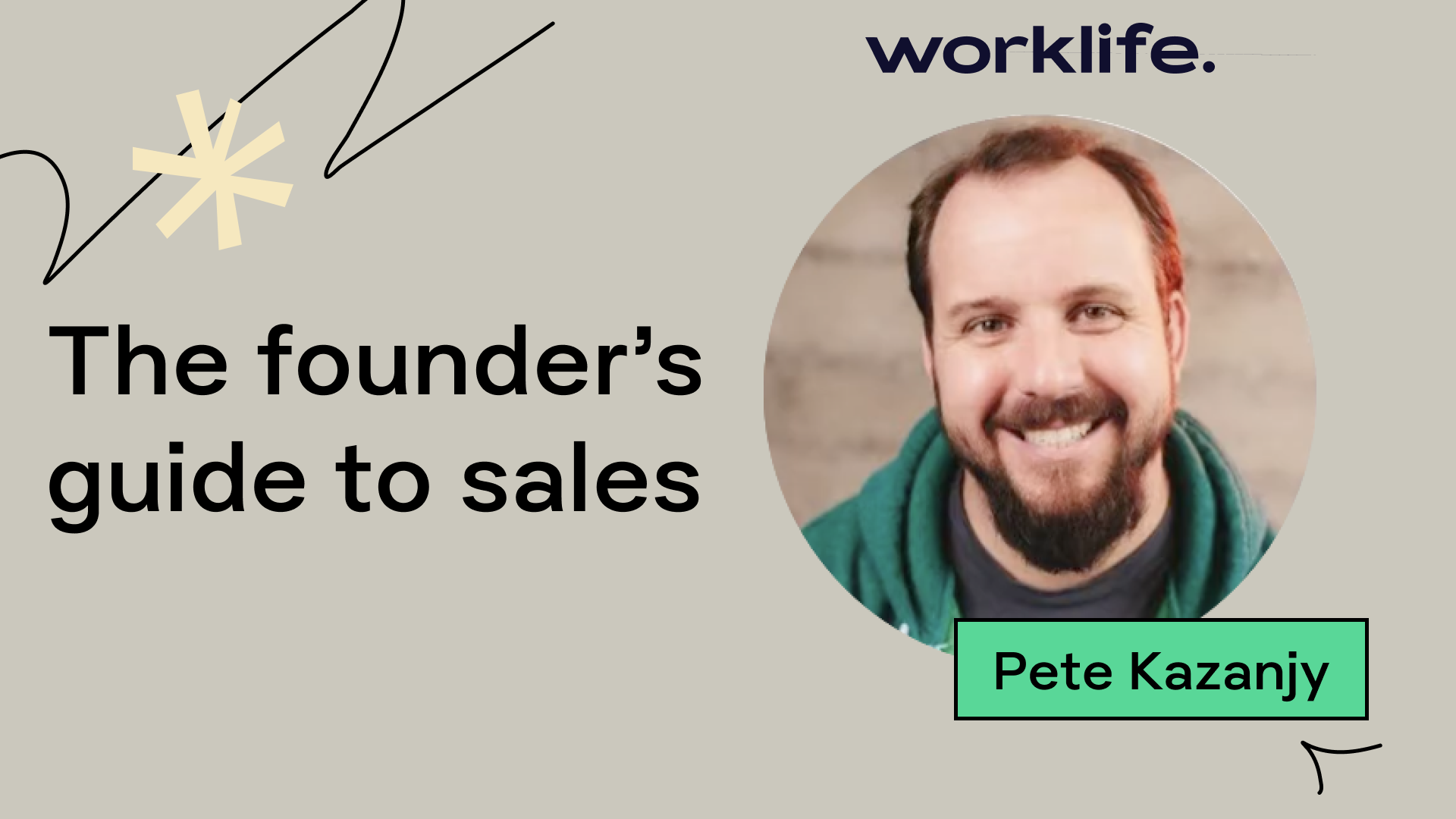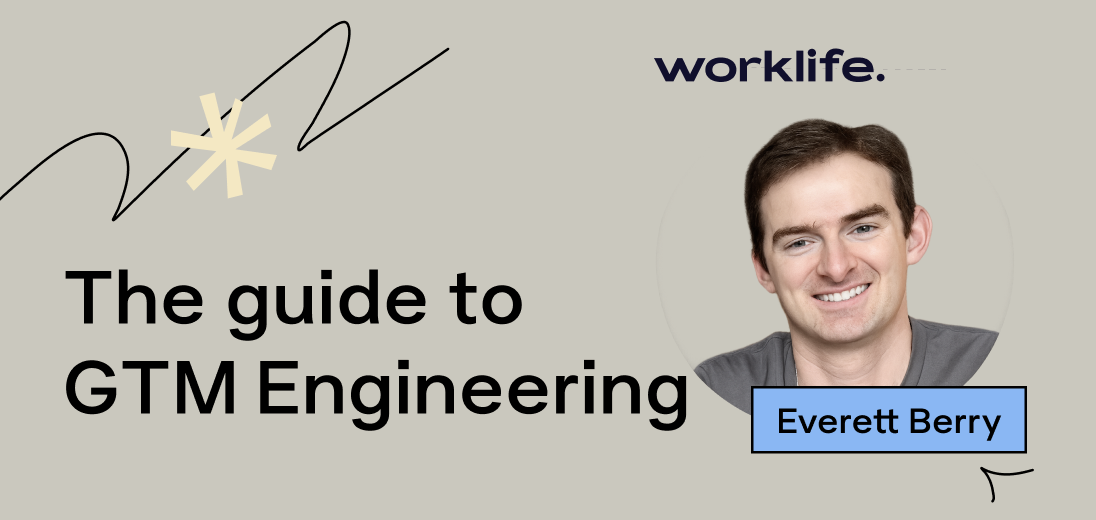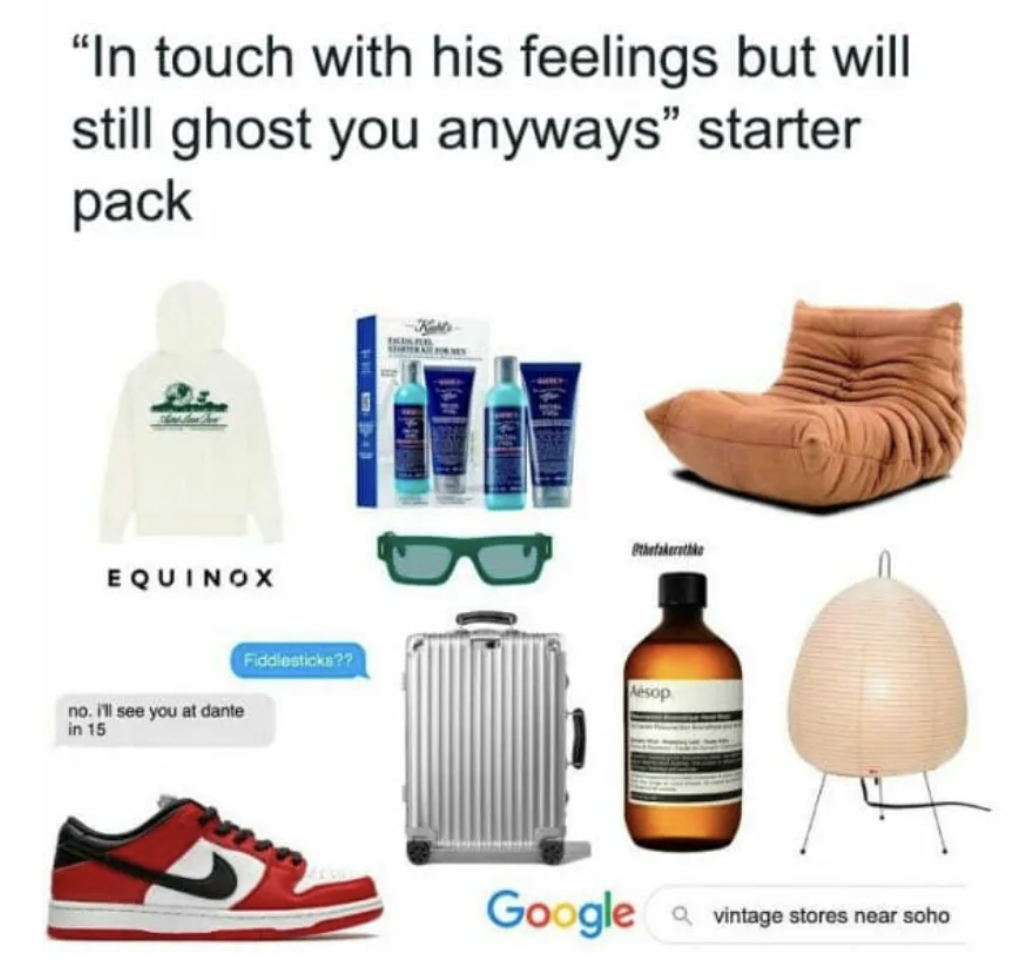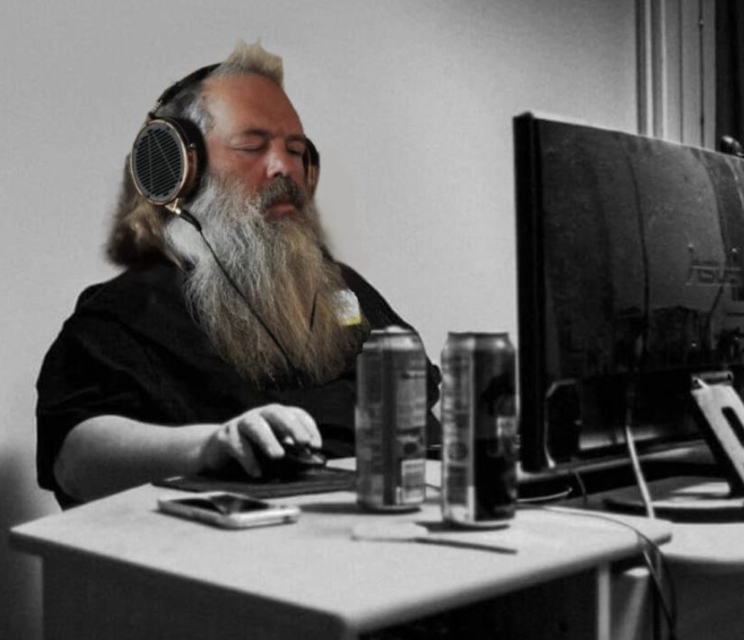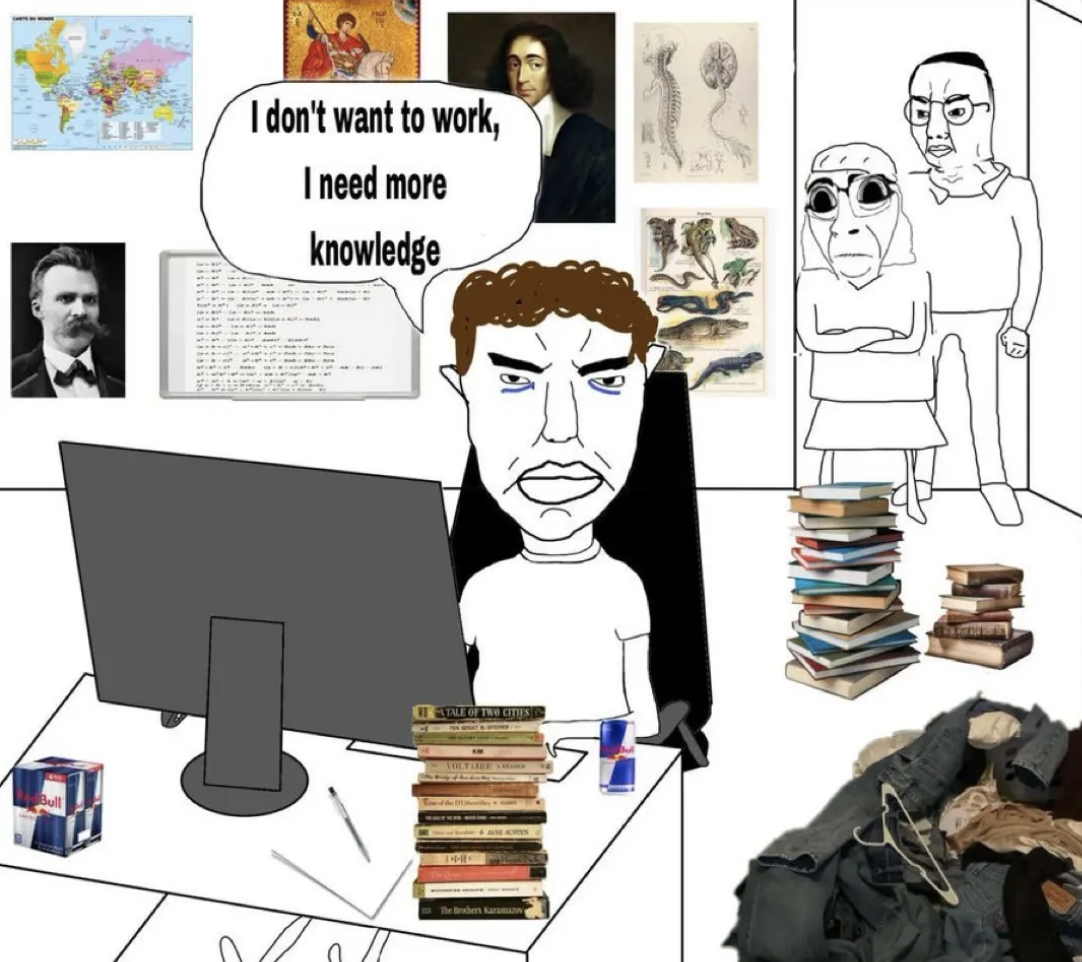Back in early 2018, I walked into the opening party of the Assembly, a brand new women’s-only clubhouse in the Mission district of San Francisco. I was there to report on the venue for Curbed, documenting the design details of the 100-plus-year-old church turned into a one-stop haven for some of the coolest ladies in the city. It included a fitness studio, co-working space, a coffee bar, showers and massage studios, a backyard oasis, and lots of spots to unwind or meet other people.
First off, the space was gorgeous. The interior designer couple Sara and Rich Combs, known for their desert-inspired renovated homes in Joshua Tree, was responsible for leading the design. They brought the church’s stained glass to life and filled the space with layered rugs, handcrafted wood tables, crisp white tables and tile, and lots of tiny details.

But what struck me was the energy. There were more than 100 women there to celebrate, ask about membership, and learn more about the idea behind the Assembly: to build community.
“Yes, the future is digital, but what I felt was missing was changes for in-person connection,” said Molly Goodson, one of the co-founders. After working in digital women’s media for a decade, including as VP of PopSugar, she spent some time building a health wellness app before turning to her own passion project. “I wanted to take the studio fitness experience and turn it into a place you could spend more time — to work, to hang out, to talk, to bring together a whole bunch of different people.”
The Assembly was Goodson’s passion project, starting with an idea in 2016 and finally coming to fruition in 2018. She poured long hours, money and her soul into it. And it was a success, gaining membership to the point of being profitable. A huge feat.
But you can see where this is going. A venue built on in-person interaction wasn’t going to fare well in 2020.
“When we shut our doors in March 2020, I figured we’d be open again in a month,” Goodson said. “But it quickly became clear COVID wasn’t going anywhere soon.”
They gave switching to digital a go, asking fitness instructors to stream classes from their living rooms and holding Zooms for members. “It was somewhat possible, but it also felt disconnected from what I really wanted to build and what brought me purpose. It was a real struggle to do.”
A couple months in, one of Goodson’s investors gave her some advice. “Yes, you can grind through this, but at what cost? To yourself, your team, your mental health. That was the beginning of a long conversation with myself.”
The decision was gut-wrenching. Goodson was The Assembly, The Assembly was her.
Or so she thought.
“I was covered in hives, I had a physical reaction to the stress of it all. I was worried about our people, about myself,” she said. “When the time came to decide whether to renew the (expensive) lease at the end of the summer, she couldn’t do it. “Signing up to accrue a huge amount of debt to a landlord did not feel like a good decision.”
So, she made the final call: The Assembly would officially close after just two years. And as hard as it was, it wasn’t as hard as being in the “in-between,” (i.e. the time when trying to figure out what to do, and whether to end it.) This hard place — where we choose a direction for our lives — is one of the hardest places to be in, and even though nearly all of us experience it at some point, it’s not often discussed.
This has become Goodson’s new passion project.
“I’ve talked to so many people over the past 18 months in this place, who have reached out to me,” she said. “I try to reassure them and remind them that the moment that any decision is made, they will feel better. The right decision doesn’t exist - whatever decision you make will set you on a path. Humans have a hard time with that.”
But endings happen all the time. According to the U.S. Bureau of Labor Statistics, roughly 20% of U.S. small businesses “fail” within the first year and that rises to 50% by 5 years. After 10 years, only around a third of businesses have survived. When it comes to tech, 90 percent of start-ups fail.
And during the pandemic, it’s estimated that more than 200,000 additional U.S. establishments have shuttered permanently than normal.
Those are all high numbers, and chances, many of those people go on to be OK, or far more than OK, even starting something even better.
Recently in her newsletter, Goodson wrote “ever since I shut The Assembly, I’ve become the patron saint of closing your business,” saying she receives countless calls and emails from people wondering what it’s like on the other side.
“I love these conversations, even if all I can offer is reassurance that there is peace in every decision. I’ve been through the worst of it, and I’m still here. I divulge more than I probably should as I try to paint an honest picture. [...] It’s about career decisions. It’s about everything else toom” she writes.
I appreciated the raw honesty of her newsletter, which is why I reached out to her for this piece. I had also just gone through one of these hard moments myself — giving up a job I loved, because I knew it was the next right move for me. While the decision gave me peace, the days and weeks leading to it were gut-wrenching.
“It’s hard for us to separate sense of self from your work. I had to realize I am not bad because the Assembly didn’t work. We are told we are the value of what we accomplish. It felt really really personal, like, ‘What am I possibly worth to the world without this thing?”, she said.
Aside from assuring people on the verge of closing a business, Goodson also answers practical questions: who should I tell first, investors, employees, leadership? How announce it to customers?
“I say to be as transparent as possible with people and accept people’s emotions, which will not always be positive,” she said. “Just try to do right by the people around you.”
Goodson has done all of this out of just wanting to help people in the same position she was in, she tells me when I ask her if she’s getting paid to consult on this stuff. But it has got her thinking it’s a good topic for a book. She also chats with people about the other side: starting a company.
“I feel more helpful with the harder conversations, where I can say ‘hello from the other side, everything is ok, you can be ok,” she said. “It helps to have someone reassuring you and telling you there’s freedom in simply making a decision.”
When it comes to her future, I ask: Would you ever do an Assembly 2.0 one day, when the world is safer?
“I have to believe somewhere deep inside me, I could do it again,” she said. “I’m not sure I will, but I have to believe that I could.”
.png)

